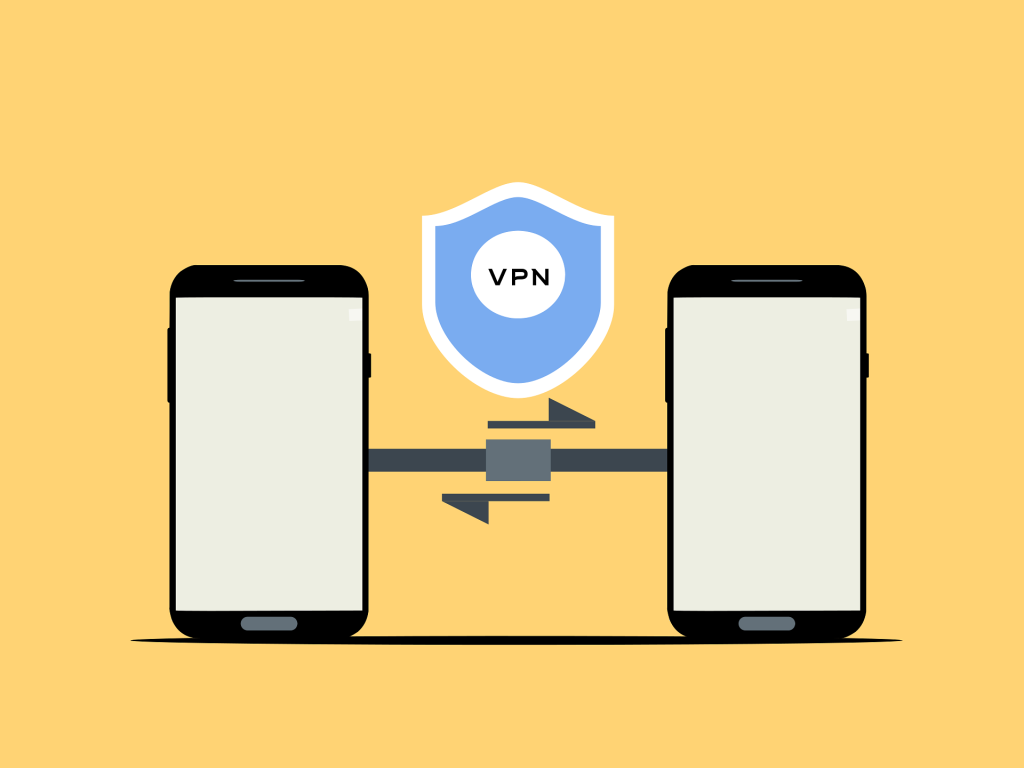People love the idea of a one-time payment. You buy something once, and it keeps giving forever—no recurring charges, no monthly bills, just peace of mind. That’s exactly what a “lifetime VPN subscription” promises. Pay $200 or so and, in theory, you never have to think about VPN costs again.
But before you imagine yourself protected online until old age, sipping coffee while your “forever VPN” keeps hackers and nosy advertisers away, there’s an uncomfortable truth: lifetime VPNs are often not what they seem.

Image Credit: Pixabay under Creative Commons
The Strange Economics Behind It
Think about it for a second. A VPN service runs hundreds (sometimes thousands) of servers across the globe. Those servers cost money. Staff cost money. Security audits, new app development, customer support—all ongoing expenses.
So if you hand them a single lump sum, how do they keep paying those bills year after year? The answer is, they often don’t. Some companies quietly shut down. Others cut corners. A few even sell user data to make up for the shortfall. That’s the exact opposite of why most people want a VPN in the first place.
When “Lifetime” Doesn’t Mean Lifetime
One sneaky detail many users miss: lifetime usually means the lifetime of the product, not your lifetime. The company could decide in five years that the product has “ended its lifecycle.” Boom—your “forever” plan is over.
It’s similar to those warranty terms where “lifetime guarantee” only covers the expected lifespan of the product, not until you actually die. A laptop “lifetime” might be 3 years. For VPNs, it’s however long the provider chooses to support that model.
Why They’re Even Offered
Here’s the ironic part: companies don’t really want you to be a lifetime user for a one-time fee. But lifetime deals are fantastic for raising cash quickly.
-
Startups use them to get funding.
-
Struggling providers use them to squeeze out some quick revenue.
-
Some just use it as a flashy marketing hook because people love the idea of “pay once.”
It’s not inherently evil, but it shows where the incentives lie. The company gets a quick financial boost; you get a deal that may or may not hold up.
A Story of Decline
Plenty of VPNs that once sold lifetime plans don’t exist anymore—or exist in name only. A few infamous ones throttled speeds so badly that users couldn’t stream or torrent. Others stopped updating their apps, leaving security holes wide open.
One case even saw a provider completely vanish, leaving thousands of lifetime customers with zero support and no refunds. Imagine paying for “forever” and getting less than a Netflix subscription run.
Are There Situations Where It’s OK?
To be fair, there are a couple of scenarios where a lifetime VPN isn’t totally useless:
-
As a side option. Some people use a lifetime VPN as a backup while keeping their main subscription with a big, trusted provider. That way, if the lifetime one dies, it’s not the end of the world.
-
Short-term savings. If the upfront cost equals about two years of normal VPN fees, you could come out ahead if the service lasts that long.
-
You don’t care about premium features. Maybe you just want casual browsing security and don’t mind if the speeds aren’t blazing fast.
Still, these are exceptions, not the rule.
Alternatives That Make More Sense
Instead of gambling on a lifetime deal, you’re almost always better with:
-
Yearly plans with discounts. Most top VPNs slash their prices around holidays.
-
Multi-device or family bundles. Cover all your gadgets for a fraction of the cost.
-
Reputable providers. Paying a bit more ensures ongoing updates, better support, and stronger security.
The peace of mind is worth more than saving a few bucks.
A Quick Personal Take
Here’s how I look at it: if a service needs to stay alive for decades to make your purchase worthwhile, that’s a risky bet. Technology changes too fast. New security standards come out. Governments crack down. VPN providers merge, split, or shut down.
Do you really want your online privacy strategy tied to a company that may not exist next year?
The Verdict (If You Can Call It That)
So, are lifetime VPN subscriptions worth it? Honestly, for most people, no. They’re a gamble disguised as a bargain.
Yes, they can work out if you’re lucky, but most of the time you’ll end up with an outdated, unreliable service—or nothing at all. Stick with yearly or two-year plans from reputable providers. At least then you’re paying for something sustainable, not a fantasy of “forever” security.
And hey, privacy is one of those areas where cheaping out usually backfires. Better to treat your VPN like insurance: ongoing protection worth paying for.
👉 Key takeaway: Lifetime VPNs might save you some money short-term, but long-term they’re risky and often collapse. Unless you’re buying one as a throwaway backup, stick with trusted subscription-based VPNs that invest in real, ongoing service.




